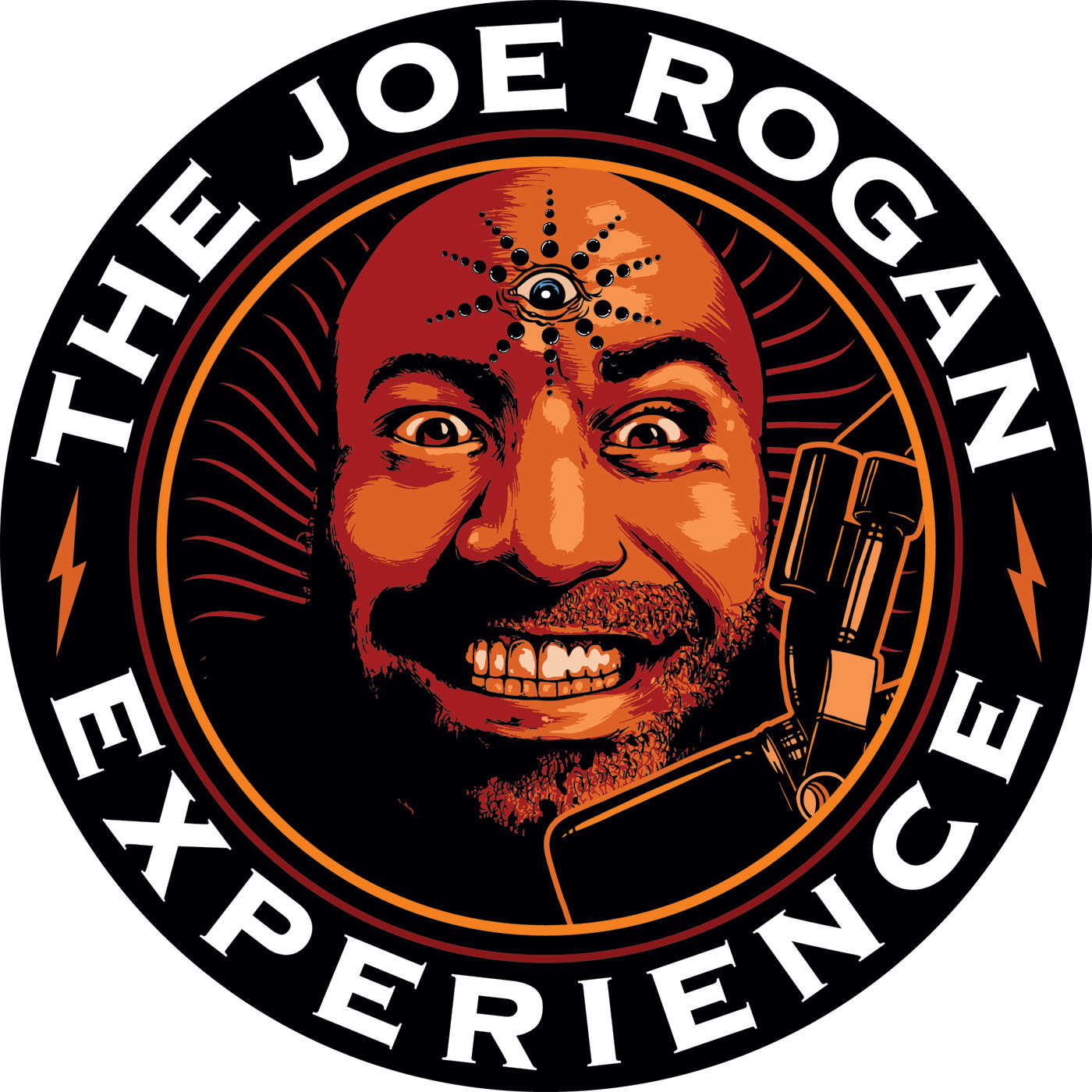Ranked #1

19 - Weber on Charismatic Authority
19 - Weber on Charismatic Authority
Charismatic authority, unlike traditional authority, is a revolutionary and unstable form of authority. Weber borrows th... Read more
12 Apr 2011
•
49mins
Ranked #2

20 - Weber on Legal-Rational Authority
20 - Weber on Legal-Rational Authority
The purest form--the ideal type--of Weber's legal-rational type of authority is bureaucracy. Legal-rational authority in... Read more
12 Apr 2011
•
47mins
Ranked #3

08 - Smith: The Invisible Hand
08 - Smith: The Invisible Hand
John Stuart Mill made important and influential amendments to Bentham's ideas of utilitarianism. Perhaps most influentia... Read more
11 Apr 2011
•
46mins
Ranked #4

07 - Mill: Utilitarianism and Liberty
07 - Mill: Utilitarianism and Liberty
Adam Smith's ideas about self-interest should be understood as a precursor in some ways to John Stuart Mill's thinking o... Read more
11 Apr 2011
•
42mins
Ranked #5

06 - Rousseau on State of Nature and Education
06 - Rousseau on State of Nature and Education
The general will--dangerous if taken too far--operates in many elements of our social and civic life. Immunizations that... Read more
11 Apr 2011
•
44mins
Ranked #6

05 - Rousseau: Popular Sovereignty and General Will
05 - Rousseau: Popular Sovereignty and General Will
Jean-Jacques Rousseau had a colorful early life. Orphaned at ten, he moved in with a woman ten years his senior at sixte... Read more
11 Apr 2011
•
40mins
Ranked #7

17 - Conceptual Foundations of Weber's Theory of Domination
17 - Conceptual Foundations of Weber's Theory of Domination
Diverging significantly from Marx's idea that history can be traced by the modes of production and the economy, Weber ar... Read more
11 Apr 2011
•
52mins
Ranked #8

18 - Weber on Traditional Authority
18 - Weber on Traditional Authority
We return to Weber's idea of domination, Herrschaft. Herrschaft has been translated into English as "authority" and as "... Read more
11 Apr 2011
•
50mins
Ranked #9

03 - Locke: Equality, Freedom, Property and the Right to Dissent
03 - Locke: Equality, Freedom, Property and the Right to Dissent
John Locke, a liberal thinker and near-contemporary of the conservative Hobbes, disputes Hobbes's thinking in some keys ... Read more
11 Apr 2011
•
45mins
Ranked #10

04 - Montesquieu: The Division of Powers
04 - Montesquieu: The Division of Powers
We shift from seventeenth-century England to eighteenth-century France and from the methodological individualism of Hobb... Read more
11 Apr 2011
•
44mins









